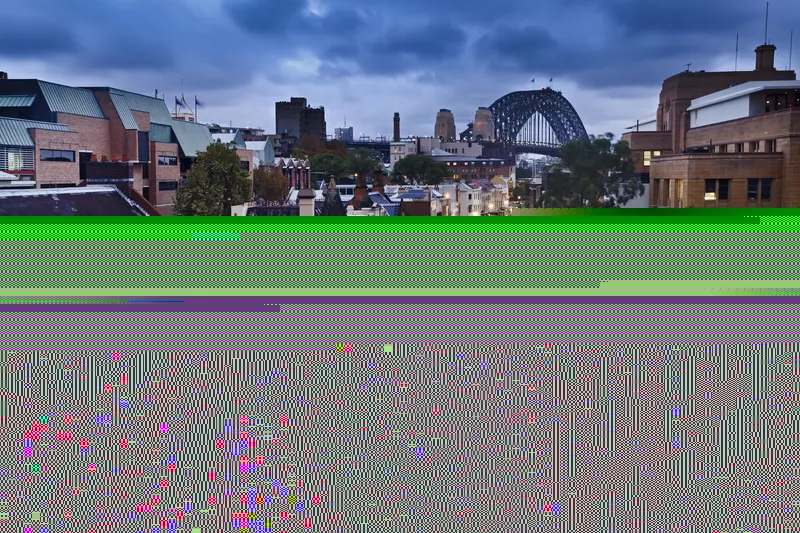ITS Australia has welcomed the Victorian Government’s announcement of a unique hi-tech transport project for Melbourne.
The National Connected Multimodal Transport (NCMT) test bed will develop pilots and facilitate collaborations between government, industry and academia. It will utilise thousands of sensors and wireless units fitted to roads to provide insight into how to manage transport systems and road networks in a more efficient way.
The urban laboratory would cover approximately 7 kilometres
January 6, 2017
Read time: 2 mins
The National Connected Multimodal Transport (NCMT) test bed will develop pilots and facilitate collaborations between government, industry and academia. It will utilise thousands of sensors and wireless units fitted to roads to provide insight into how to manage transport systems and road networks in a more efficient way.
The urban laboratory would cover approximately 7 kilometres of roadways in Melbourne.
ITS Australia confirmed its participation in the project by signing a Memorandum of Understanding (MOU) with test bed leaders, the University of Melbourne, late last year.
The first pilot NCMT test bed is scheduled to be launched in April 2017.
ITS Australia CEO Susan Harris said the test bed and a recent iMOVE CRC submission to the Federal Government show just how seriously Australia takes real-time, data-driven research to find the best possible outcomes.
Professor Iven Mareels, Dean of the Melbourne School of Engineering said a connected community was the key to improved transport options, while founding director of the NCMT test bed and University of Melbourne Professor in Transport for Smart Cities, Majid Sarvi, said the urban laboratory will be a living experiment of connected vehicles and transport networks, people movements and city infrastructure.









